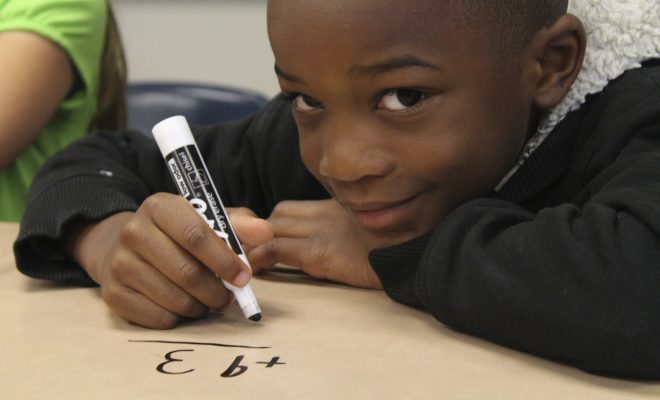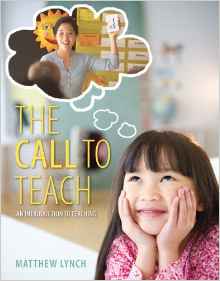Pass or Fail: Challenges for Early Intervention Services

In this multi-part series, I provide a dissection of the phenomenon of retention and social promotion. Also, I describe the many different methods that would improve student instruction in classrooms and eliminate the need for retention and social promotion if combined effectively.
While reading this series, periodically ask yourself this question: Why are educators, parents and the American public complicit in a practice that does demonstrable harm to children and the competitive future of the country?
What drawbacks have you observed within the early intervention process? What elements do you find to be most effective?
Although there are differences between early intervention and school-age supports for children with disabilities or special education needs, there are also obvious similarities. Supports provided by early intervention programming have less of an academic focus. Granted, there is the long-term goal of promoting academic success, but these goals are pursued indirectly. There’s awareness that prevention is a workable strategy and students need the best possible developmental balance.
For early intervention opportunities to be successful, some of the existing procedures and parameters need to be reviewed and revised. The suggestion here is that early – and often – intervention is the appropriate strategy for promoting academic success for all students. It offers a relatively cost-effective and helpful approach for promoting quality education, as well as offering necessary supports for academic success. That said, there is still a need to ensure maximum efficiency.
Childhood Early Intervention
Within the parameters of early intervention, a healthy student exhibits an appropriate level in areas of development. He or she can enjoy a healthy, active, and productive existence inside and outside of learning environments. The multidisciplinary approach for early intervention is holistic.
In addition to using a broad range of professionals to provide early intervention services, most early intervention programs offer support across a broad range of developmental domains. In their approach to disabilities, which are defined as dysfunctional interactions between an individual and his environment, early intervention again goes further than most school-age programs. Early intervention programs tend to work on those disabilities that hinder students in areas outside of education, as well as within it. Impairment of interaction with the environment, which is not limited to school, broadens the scope of interventions that can be offered.
School-Age Supports
Most school-based services operate on the understanding that there must be a quantifiable delay for a child to receive support. There are also limits as to how supports can be used. School-based programs are less proactive and preventative, tending to approach special-education resources and opportunities with an “if it ain’t broke, don’t fix it” mindset.
While there may be occasional support in schools, the principal service provider of school-age supports is the teacher and, ideally, the regular education teacher. This is not always the case with early intervention.
Early Intervention Obstacles
The basic elements are already in place for early intervention programs to be a success, but the logistical issues associated, including the transition to school, are difficult to overcome.
According to various research, the educational environment needs specific mechanisms or processes in a concrete system, such that it is capable of bringing about or preventing some change in the system as a whole or some of its subsystems. At the same time, mechanisms can be related to human development. Examples of such development-focused interventions include maternal responsiveness, parental monitoring, cognitive development, and school and community support.
Successful Outcomes
Research was conducted in which the success of early intervention was tracked and important program elements were identified. Measurements of preschool participation (in years), of the duration of program participation (in years), and of extended program participation for four to six years were the measurements that correlated with academic success. Students were found to be more successful when they had high participation in all three areas. Parent participation in preschool was also found to be an important factor, as was school quality.
In other words, early intervention programs should emphasize these elements – opportunities for students to participate in preschool environments before enrollment in school, opportunities for parent engagement, and opportunities for the preschooler to participate in the program.
At the same time, early intervention programs are governed by financial and logistical considerations. No matter how much they might wish it, school districts and states can spend only so much on early intervention support services. Budgetary considerations must have some weight, not necessarily in determining rigid service parameters, but certainly in creating service guidelines.
The success of early intervention tends to weigh heavily on involving children as early as possible, during pre-school years. With this in mind, who should be raising awareness for early intervention?






